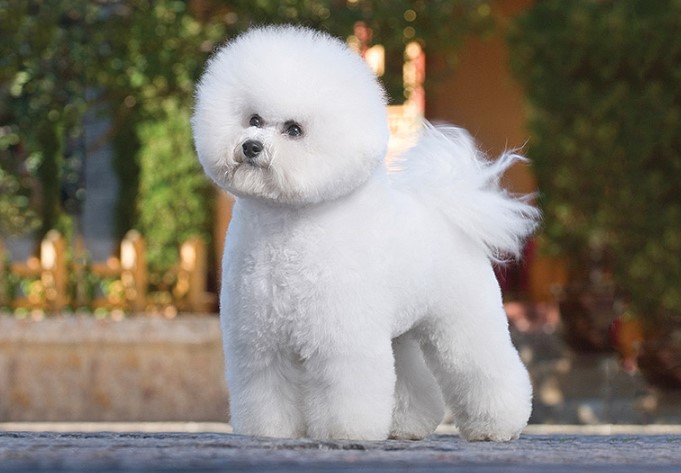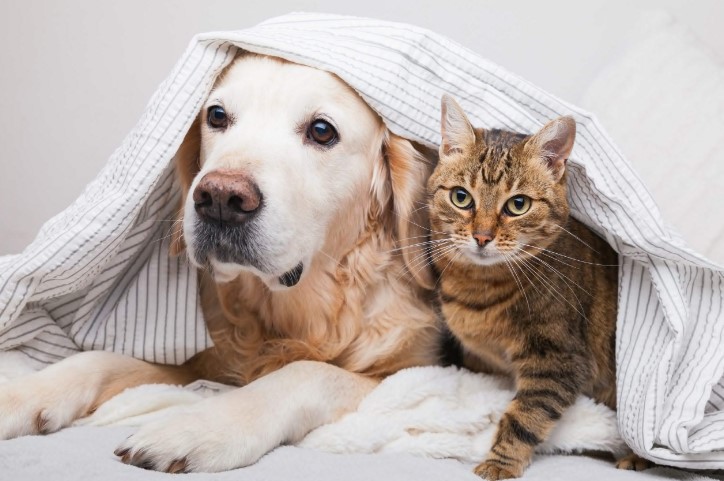
Bichon Frise Dog Breed: Your Comprehensive Guide to a Beloved Companion
Introduction
Welcoming a Bichon Frise into your home means inviting endless joy, love, and companionship. This delightful breed is known for its charming personality, fluffy white coat, and affectionate nature. In this comprehensive guide, we’ll delve into every aspect of Bichon Frise ownership, from their health and care needs to their unique quirks and training tips.
Define the Bichon Frise Breed
The Bichon Frise is a small, sturdy dog with a playful demeanor and a distinctive curly coat. Originating from the Mediterranean region, they were once favored by European royalty and nobility for their endearing appearance and cheerful disposition.
Why Bichon Frise Ownership Matters
Owning a Bichon Frise is not just about having a pet; it’s about gaining a loyal companion who will brighten your days with their exuberance and affection. Understanding their unique needs and characteristics is essential for providing them with the best possible care and ensuring a fulfilling relationship.
Types and Categories
Bichon Frise Varieties
- Standard Bichon Frise: The classic breed standard, known for its white, curly coat and merry personality.
- Toy Bichon Frise: A smaller version of the standard breed, equally charming and affectionate.
Symptoms and Signs
Common Health Issues
- Allergies: Bichon Frises are prone to allergies, which can manifest as skin irritation, itching, or digestive problems.
- Dental Problems: Their small size often leads to dental issues such as tartar buildup and gum disease.
- Patellar Luxation: A condition where the kneecap dislocates, causing pain and mobility issues.
Causes and Risk Factors
Factors Influencing Bichon Frise Health
- Genetics: Many health issues in Bichon Frises have a genetic component, making responsible breeding essential.
- Environment: Exposure to allergens and pollutants can exacerbate existing health conditions.
- Diet and Nutrition: Poor diet can contribute to dental problems, obesity, and other health issues.
Diagnosis and Tests
Veterinary Evaluation
- Physical Examination: A thorough physical exam by a veterinarian can detect any underlying health issues.
- Blood Tests: Blood work may be necessary to assess organ function and detect any abnormalities.
- X-Rays: Imaging tests can help diagnose conditions like patellar luxation or bone fractures.
Treatment Options
Managing Bichon Frise Health
- Medication: Allergies and other health issues may require medication such as antihistamines or antibiotics.
- Dental Care: Regular brushing and professional cleanings can prevent dental problems.
- Surgery: In severe cases, surgical intervention may be necessary to correct issues like patellar luxation.
Preventive Measures
Keeping Your Bichon Frise Healthy
- Regular Vet Visits: Schedule annual check-ups to monitor your Bichon’s health and catch any issues early.
- Proper Nutrition: Feed a balanced diet tailored to your Bichon’s age, size, and activity level.
- Grooming: Regular grooming, including brushing, bathing, and nail trimming, helps maintain their coat and skin health.
Personal Stories or Case Studies
Real-Life Experiences with Bichon Frises
Sarah’s Story: “My Bichon Frise, Charlie, struggled with allergies for years. With the help of our vet and a specialized diet, we were able to manage his symptoms and improve his quality of life.”
Expert Insights
Veterinarian Advice
Dr. Smith, DVM: “Bichon Frises are wonderful companions, but they do require consistent grooming and attention to their health needs. Regular veterinary care and a proper diet are key to keeping them happy and healthy.”
Conclusion
In conclusion, owning a Bichon Frise is a rewarding experience that brings endless love and companionship into your life. By understanding their unique needs and providing them with the care they deserve, you can enjoy many happy years together with your furry friend.
You May Also Like

Animal Training: Unlocking the Secrets of Effective Training Methods
August 9, 2023
The Pixiebob Cat Breed: A Comprehensive Guide
July 27, 2024
